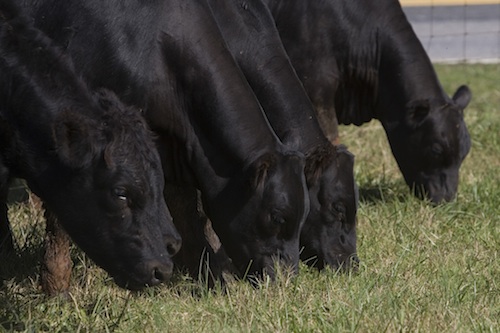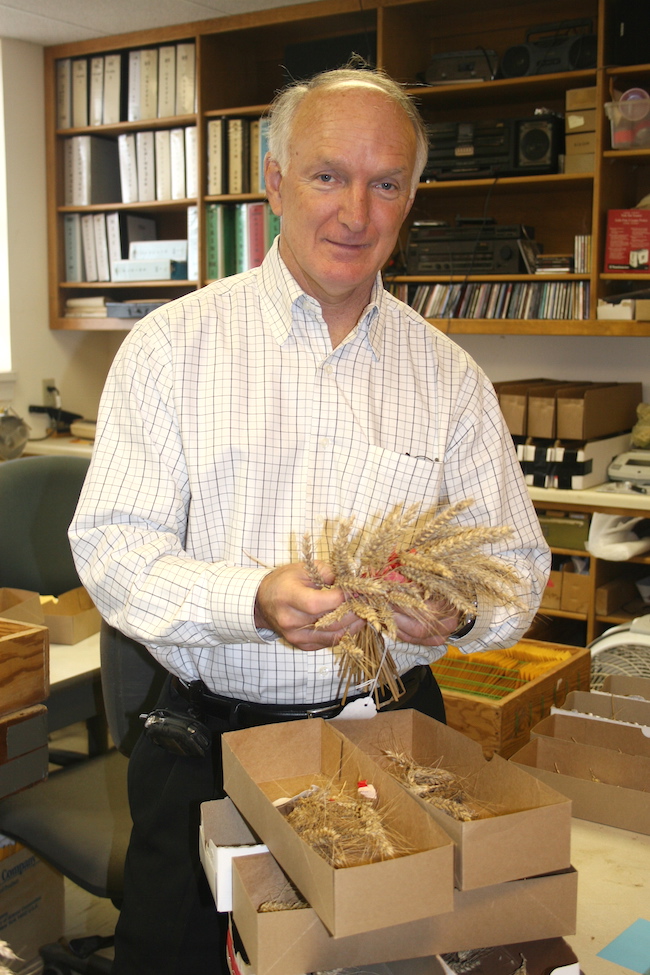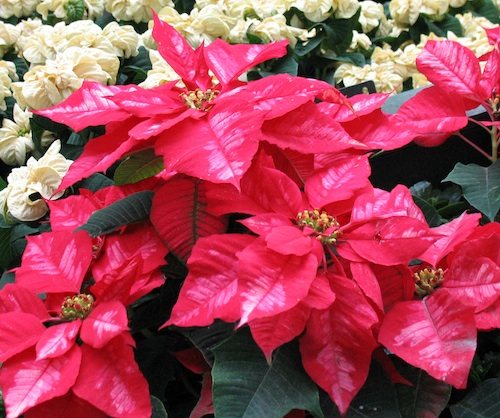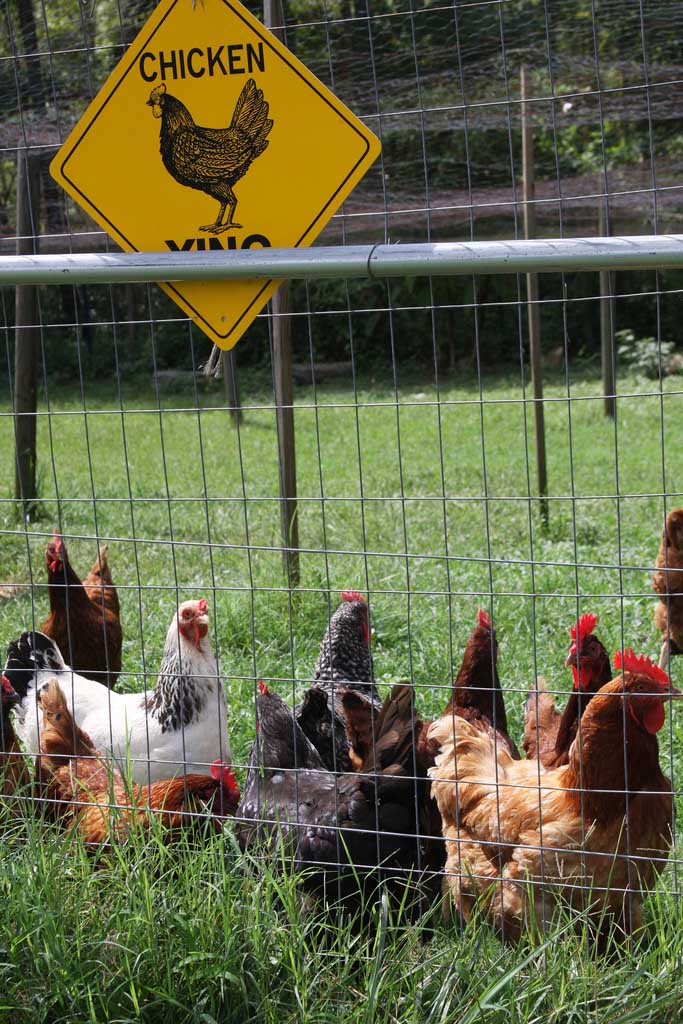 CAES News
CAES News
Ag Forecast 2016
Good information is the best defense against the unforeseen circumstances — like changing governmental regulations and weather patterns — that can impact agriculture. That’s why the University of Georgia’s team of agricultural economists kicks off each year with the Georgia Ag Forecast seminar series. There, they present valuable insights into what the upcoming year will hold for the state's largest industry.







